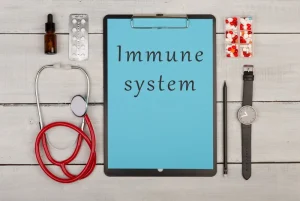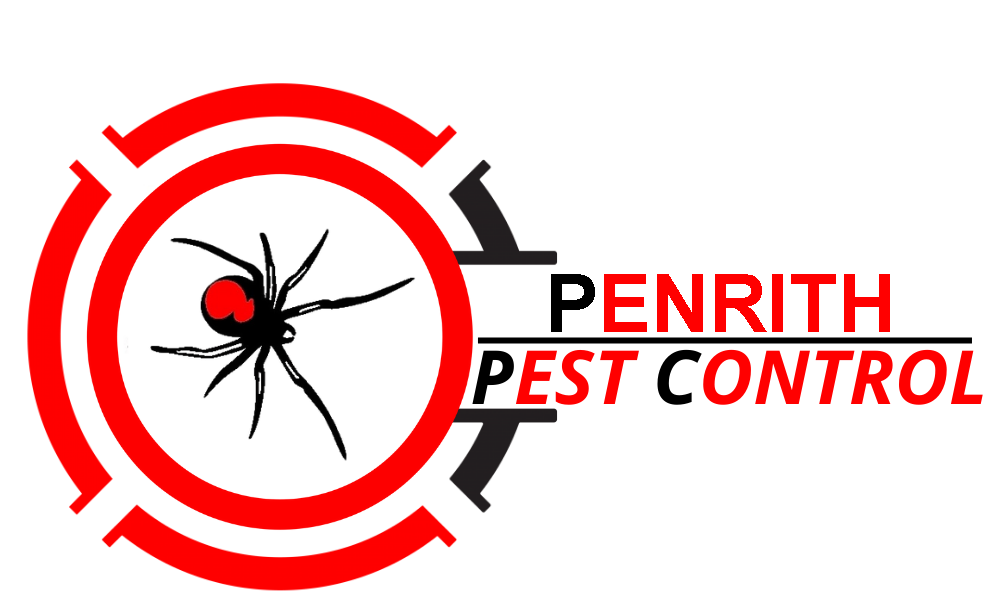Communicating your recovery needs and discussing the nature of your relationship with members of your support network can also help you avoid potential misunderstandings. If you don’t have a family or strong social circle to return to post formal treatment, a personalized plan may include interpersonal therapy, which can help you build a healthy social network. Recovery from addiction is a journey that requires determination, commitment, and support. A solid sober support network is one of the most valuable assets for recovering individuals. A sober support network is a group of individuals who understand the challenges of recovery and provide emotional, psychological, and practical support throughout the journey. The journey begins when you enter treatment and discontinue use of the substance, but rehab is only the launch pad to recovery.
How to Get Sober from Alcohol
- People new to recovery can find themselves approaching their new diet, exercise program, job, and even participation in support groups with a compulsion that echoes addiction.
- These groups provide environments to connect with others in recovery from different backgrounds and with various levels of experience.
- If these emotions become excessive, they can hold you back from recovery.
- By including addiction professionals in your support network, you can greatly enhance your recovery journey.
Join our supportive sober community where each day becomes a step towards personal growth and lasting positive change. It is also a resource for connecting with help and support you need, whenever, wherever, and however you need it. Sober App also provides tools and resources for studying, discussing, and working AA’s 12 Steps and Traditions. Since 1999, Harold Jonas, PhD, LMHC, CAP has been at the center of sober network® Inc., and each of its related digital properties, as Founder and CEO. His unparalleled experience with both web and award-winning app development for the addiction & recovery industry has allowed him to build a nationally recognized brand. One of the greatest challenges that you’ll face in recovery is seeking and finding new opportunities.

Alternative recovery programs
- Friends in your support network can encourage you to seek out sober social events, volunteer opportunities, and structured activities to support your recovery.
- The relationship is not unlike any other professional relationship a client may have with say a psychotherapist, doctor or lawyer.
- Volunteering is a practical strategy to build a sober network, as it allows individuals to connect with others who have similar values and goals.
Loving and encouraging family and friends can definitely help support your journey to become sober. In fact, getting sober and sustaining sobriety is easier when you have a trusted support system motivating, encouraging, and supporting you along the way. A study from Substance Abuse indicates that having support from others can improve a person’s chances of engaging in and completing detox and treatment for addiction. If you are seeking drug and alcohol related addiction rehab for yourself or a loved one, the SoberNation.com hotline is a confidential and convenient solution.

Step 5: Choose the Appropriate Therapy
It’s not just your drinking buddies and drug dealers who can get you into trouble—sometimes those who are closest to you can contribute to a relapse. A support group is any group of people that meets, either in person or online, to discuss a particular https://ecosoberhouse.com/ aspect of mental health or emotional well-being. Making connections with other people during the recovery process can help define a new chapter in your life. For example, it could be an opportunity to repair any relationships hurt by past substance use.
Get started on the road to recovery
- Reflecting on past accomplishments provides a powerful motivator to keep going and understanding what actions led to success.
- Even if you have to step a little bit outside of your comfort zone, remember that this is probably going to help you grow.
- The majority of drugs of abuse have some sort of social lubricating effect, whether that is by diminishing anxiety or helping to stifle the voice of self-criticism.
- Maybe your work life has suffered, and your boss is tired of you calling in sick or coming in late.
- Some people might choose to only use recovery support systems on a short-term basis during their active recovery.
- Regardless of how well you got along with the friends that you used with, they cannot be completely considered a good influence.
The reality is that many situations can make it hard to reintegrate into normal life without some hiccups and potential for relapse. Aftercare programs make it easier to remain in recovery and avoid returning to substance use. This article will delve into the importance of a sober support network, provide actionable steps to build and maintain one and explore its transformative impact on recovery. If you find it difficult to make new, sober friends, try joining a support group.
The Essential Guide to Building a Sober Network
Celebrating with family or friends can provide emotional support during tough times, reminding you of your progress and encouraging you to keep moving forward. Each person’s sobriety milestones are unique, and they might commemorate various small victories several times a year. Involvement in sober events can disrupt the cycle of social isolation frequently encountered during recovery. Sober events such as yoga classes, hiking groups, or art therapy sessions offer opportunities to engage in healthy activities while meeting others committed to sobriety.


